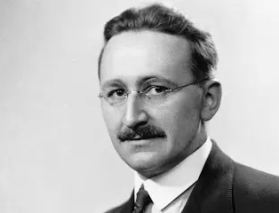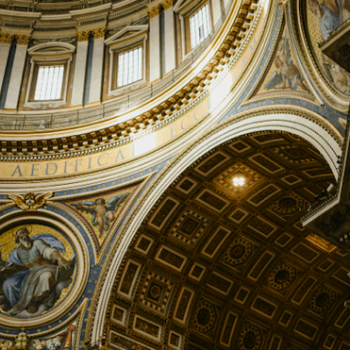Faith, of course, offers a profoundly meaningful sense of futurity that reorients the entire horizon of aging, and the 17th-century writers reflected at length on the great hope that one day we will be in the full and conscious Presence of the Lord Jesus Christ whom "Although [we] have not seen … [we] love" (1 Peter 1:8). For the person who is aging in faith, death is not the end but simply the small low door through which one must stoop to move into the ever-fuller realization of all that "eternal life" means: the life begun here by faith opening out, finally, into resurrection life in a world remade. In life and in death, we are the Lord's!
And all of this love and hope means that we can expect to age fruitfully. The 17th-century writers encouraged the faithful to "press on," even while accepting physical and mental limitations. I have watched with awe as aging people continue to "grow in grace" deep into old age: some learn tenderness through meeting the needs of a spouse or friend, some experience transformation through suffering, patience through learning to accept care. "The righteous flourish…" a psalmist writes. "In old age they still produce fruit" (Psalm 92: 12-15).
So, as I now write at the end of many of my letters now, "On we go." Or, as a friend wrote at the end of hers, "Blessings as we continue to age in the Lord's good company."
Notes:
The John Donne quotation is from Meditation XVII, Devotions Upon Emergent Occasions… (London, 1624).
Further discussion of 17th-century views of aging can be found in:
Maxine Hancock, "Aging as a Stage of the Heroic Pilgrimage of Faith: Some Literary and Theological Lenses for 'Re-Visioning' Age. CRUX Vol. 47, No. 1 (Spring 2011), pp. 2-15.
Maxine Hancock and Arlette Zinck, "Baxter, Bunyan and a Puritan Reframing of Ageing," Bunyan Studies No. 14 (2010), pp. 56-75.




